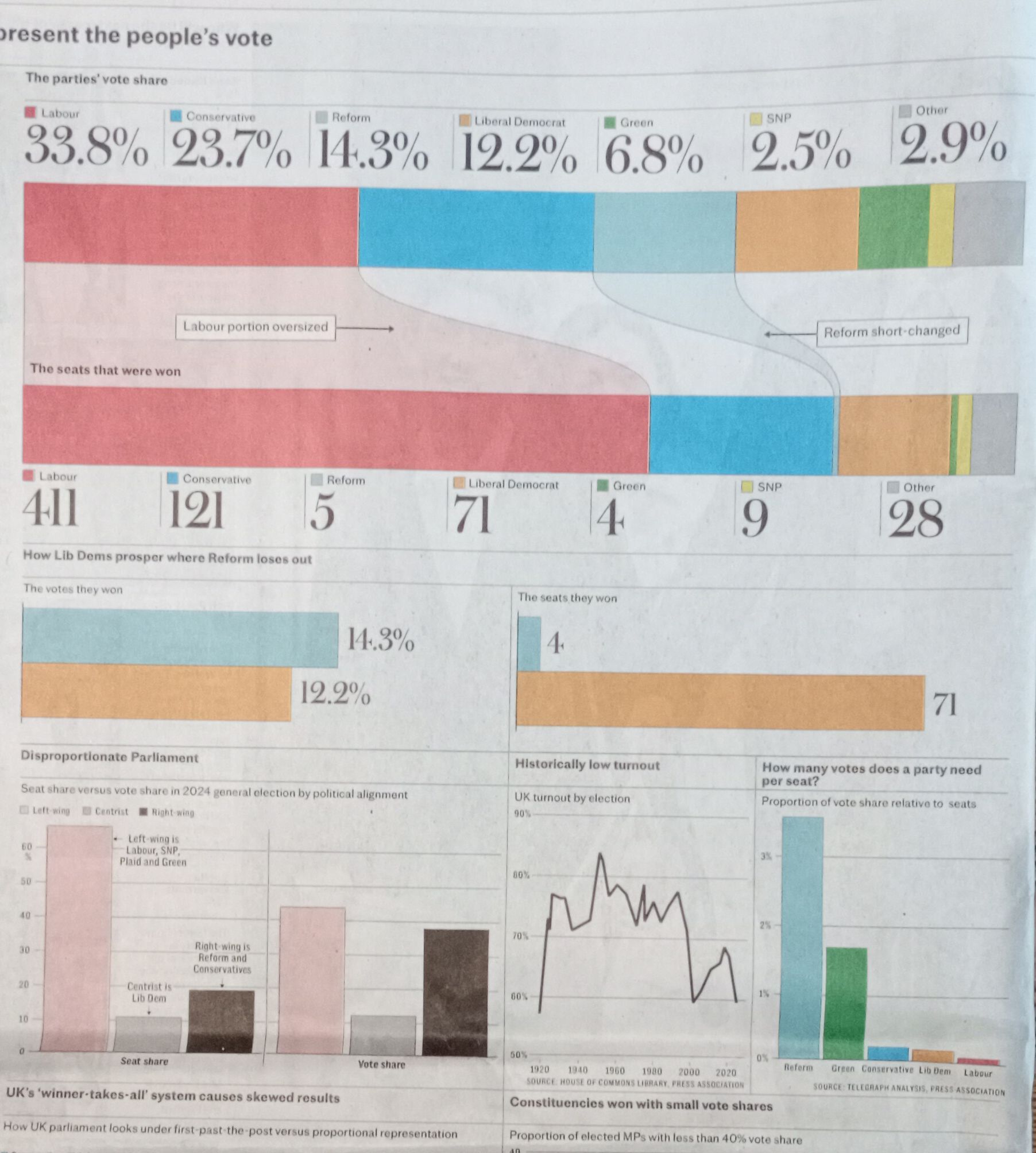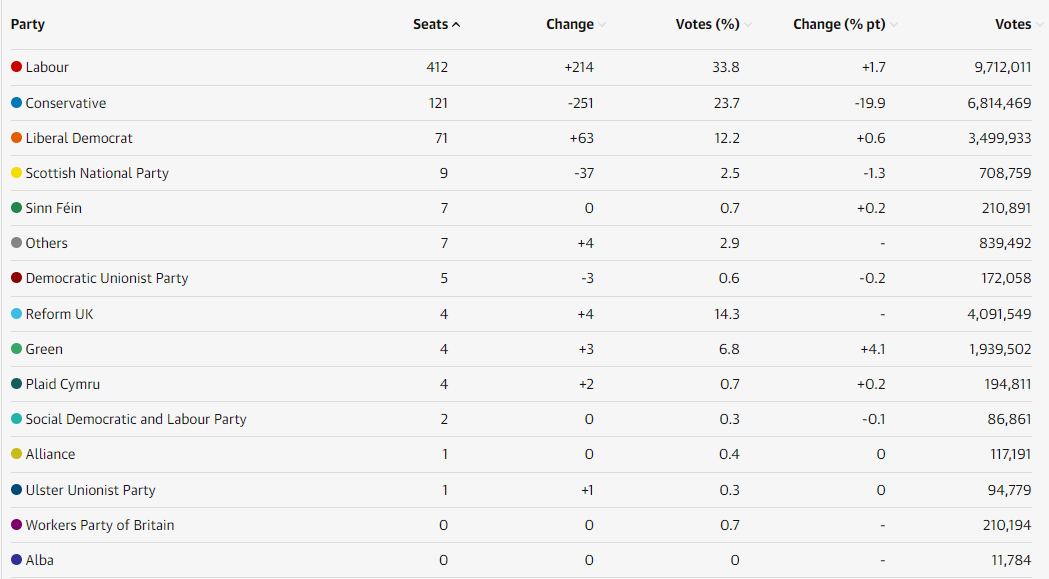UK Politics
General Discussion for politics in the UK.
Please don't post to both [email protected] and [email protected] .
Pick the most appropriate, and put it there.
Posts should be related to UK-centric politics, and should be either a link to a reputable news source for news, or a text post on this community.
Opinion pieces are also allowed, provided they are not misleading/misrepresented/drivel, and have proper sources.
If you think "reputable news source" needs some definition, by all means start a meta thread. (These things should be publicly discussed)
Posts should be manually submitted, not by bot. Link titles should not be editorialised.
Disappointing comments will generally be left to fester in ratio, outright horrible comments will be removed.
Message the mods if you feel something really should be removed, or if a user seems to have a pattern of awful comments.
[email protected] appears to have vanished! We can still see cached content from this link, but goodbye I guess! :'(


